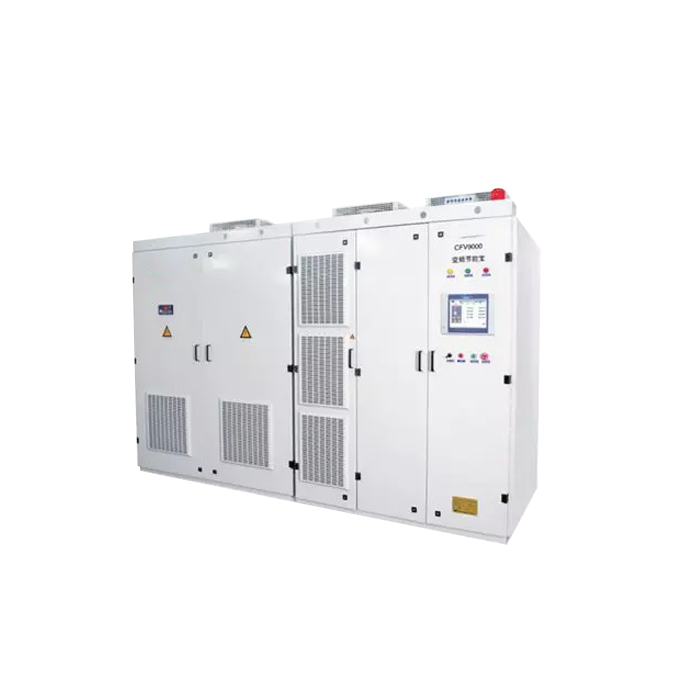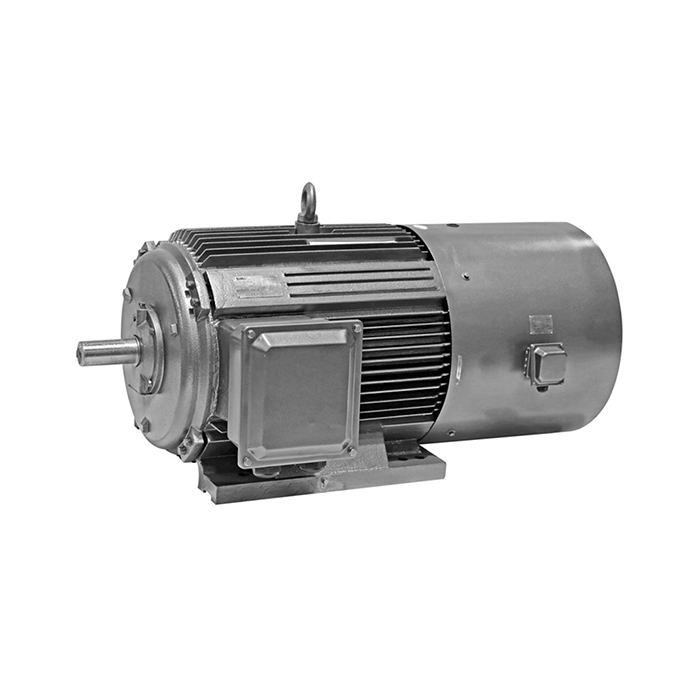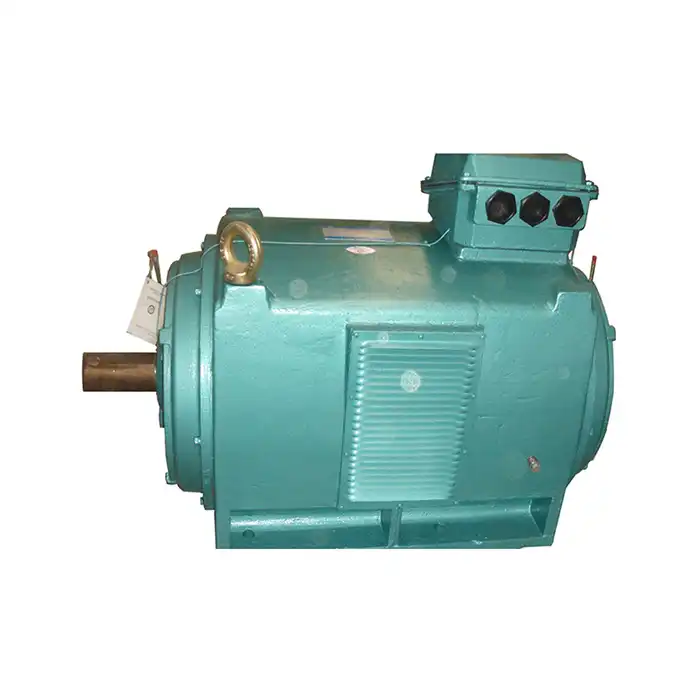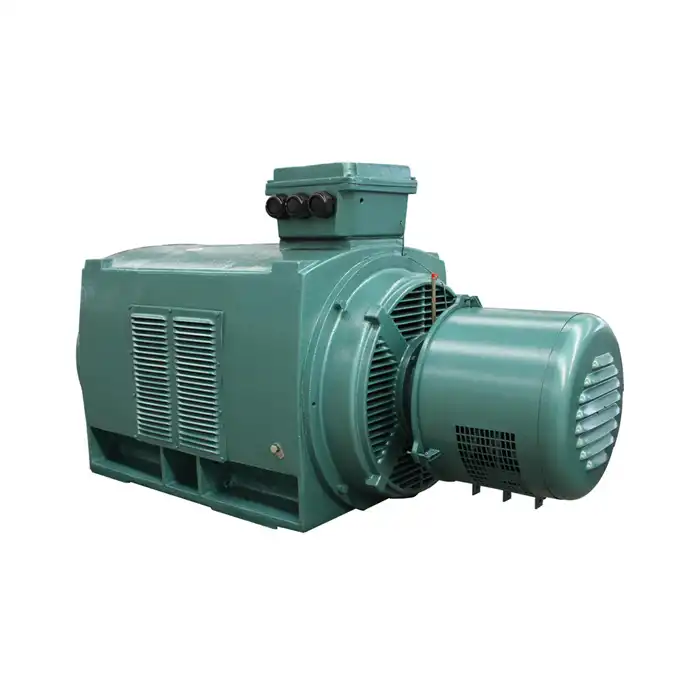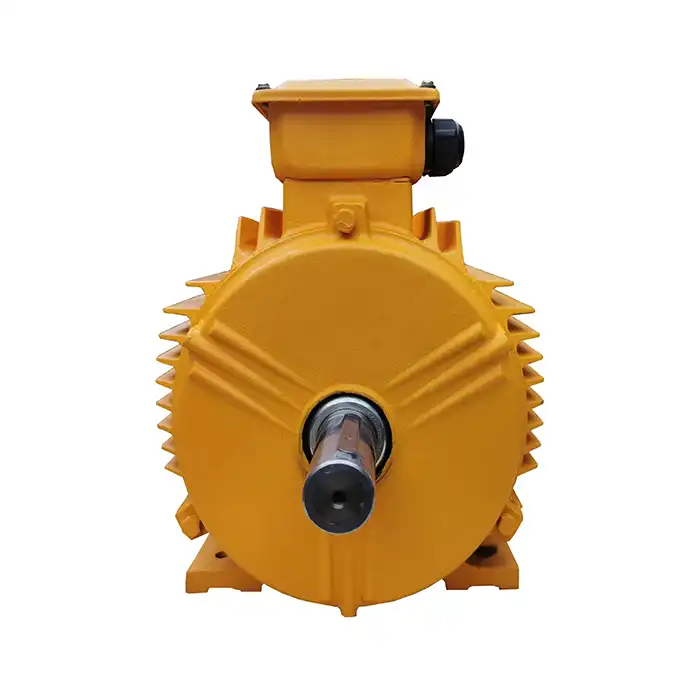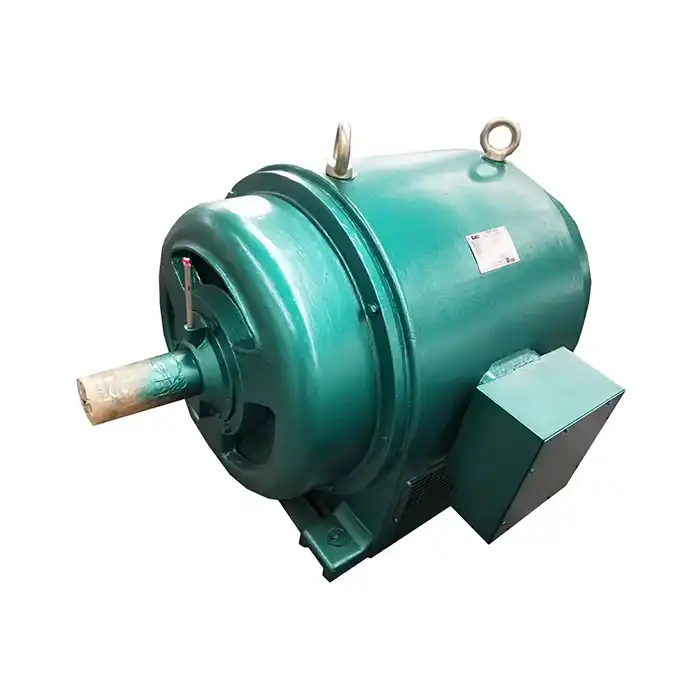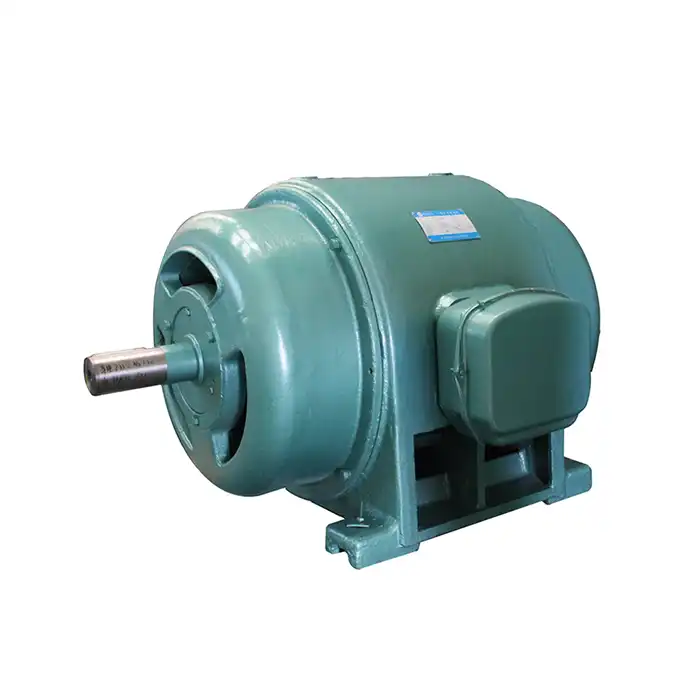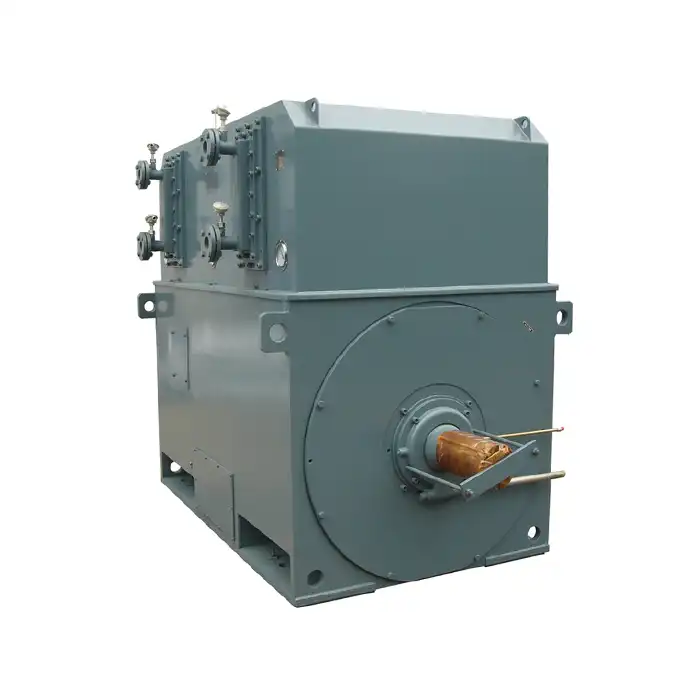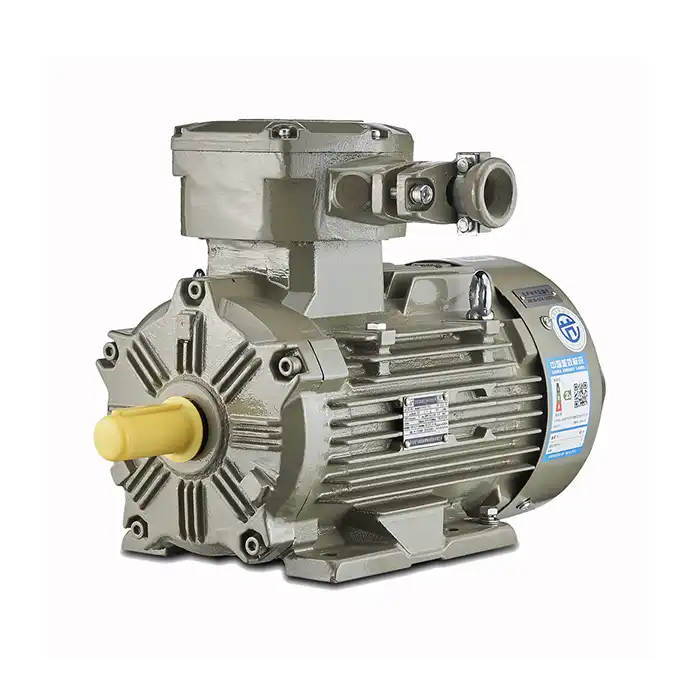From Analog to Digital: A Historical Perspective
The story of frequency converters is one of continuous innovation and adaptation to changing industrial needs. Let's take a closer look at the major milestones in this technological evolution.
Early Mechanical and Rotary Converters
The earliest forms of frequency conversion were achieved through mechanical means. These rudimentary systems relied on rotating machinery to change the frequency of electrical power. While effective for their time, they were bulky, inefficient, and required significant maintenance.
The Rise of Solid-State Electronics
The advent of solid-state electronics in the mid-20th century marked a significant turning point for frequency converter technology. Transistors and thyristors replaced mechanical components, leading to more compact and reliable devices. This shift laid the groundwork for the modern electrical frequency converter.
Transition to Digital Control
As digital technology advanced, frequency converters began incorporating microprocessors and digital control systems. This transition allowed for more precise frequency regulation, improved efficiency, and enhanced functionality. Digital control also paved the way for more sophisticated features such as programmable operating parameters and remote monitoring capabilities.
Advancements in Power Electronics and Control Algorithms
The rapid progress in power electronics and control algorithms has significantly enhanced the capabilities of frequency converters. These advancements have resulted in more efficient, versatile, and reliable devices.
Improved Power Semiconductor Devices
The development of advanced power semiconductor devices, such as IGBTs (Insulated Gate Bipolar Transistors) and SiC (Silicon Carbide) MOSFETs, has revolutionized frequency converter design. These components offer higher switching frequencies, lower losses, and improved thermal performance, enabling the creation of more compact and efficient converters.
Enhanced Control Algorithms
Modern electrical frequency converters employ sophisticated control algorithms that optimize performance across a wide range of operating conditions. Vector control and direct torque control techniques have significantly improved motor control accuracy and dynamic response. These advancements have expanded the application scope of frequency converters in industries requiring precise speed and torque regulation.
Integration of Advanced Features
Contemporary frequency converters integrate a host of advanced features that enhance their functionality and user-friendliness. These include:
- Built-in PLC functionality for simple automation tasks
- Adaptive tuning algorithms for optimal performance
- Advanced diagnostic and fault detection capabilities
- Energy optimization functions to reduce power consumption
- Harmonic mitigation techniques for improved power quality
Modular and Scalable Designs
The trend towards modular and scalable designs has made frequency converters more adaptable to diverse applications. This approach allows for easier installation, maintenance, and system expansion, catering to the evolving needs of industrial users.
Future Trends: AI and IoT in Frequency Converters
As we look towards the future, the integration of artificial intelligence (AI) and Internet of Things (IoT) technologies promises to further revolutionize frequency converter technology.
AI-Driven Optimization and Predictive Maintenance
Artificial intelligence is set to play a crucial role in enhancing the performance and reliability of frequency converters. AI algorithms can analyze vast amounts of operational data to optimize converter settings in real-time, adapting to changing load conditions and environmental factors. Moreover, AI-powered predictive maintenance systems can forecast potential issues before they occur, minimizing downtime and extending equipment lifespan.
IoT Connectivity for Enhanced Monitoring and Control
The incorporation of IoT capabilities is enabling unprecedented levels of remote monitoring and control for electrical frequency converters. This connectivity allows for:
- Real-time performance monitoring and data analytics
- Remote diagnostics and troubleshooting
- Over-the-air firmware updates and feature enhancements
- Integration with broader industrial automation systems
Edge Computing for Faster Response Times
Edge computing technologies are being integrated into frequency converters to enable faster processing of data and quicker response times. This approach reduces latency and enhances the overall performance of control systems, particularly in applications requiring rapid adjustments to changing conditions.
Sustainability and Energy Efficiency
Future frequency converters are likely to place an even greater emphasis on sustainability and energy efficiency. This focus may include:
- Advanced energy recovery systems
- Integration with renewable energy sources
- Improved power factor correction techniques
- Smart grid compatibility for demand response applications
Cybersecurity Enhancements
As frequency converters become more connected and integrated into industrial networks, cybersecurity will be a critical area of focus. Future developments are likely to include enhanced security protocols, encryption methods, and resilient system architectures to protect against cyber threats.
Choose XCMOTOR for Advanced Frequency Converter Solutions
Maintaining a position of technological leadership in frequency converters is something we take great pleasure in here at XCMOTOR. Our state-of-the-art electrical frequency converters provide unparalleled efficiency, dependability, and performance by using cutting-edge power electronics and control algorithms. We have solutions that are designed to fit your demands, whether you're in the manufacturing, process control, or energy management industries.
Modern frequency converters from XCMOTOR are like no other. If you need help determining which solution is best suited for your application, our team of specialists is here to help. We are devoted to providing cutting-edge solutions that improve dependability and efficiency in a variety of sectors as a reliable electrical frequency converter supplier. Instead of settling for antiquated technology, take your operations to the next level of industrial automation with an upgrade to XCMOTOR.
Contact us today at xcmotors@163.com to learn more about our innovative frequency converter solutions and how they can transform your business.



